Joining the RCMP: Your Guide to Enrollment
Did you know that the Royal Canadian Mounted Police (RCMP) is one of the largest and most recognized police forces in Canada? With over 20,000 officers serving in various communities nationwide, the RCMP plays a crucial role in maintaining law and order. If you’ve ever dreamt of becoming a part of this esteemed organization, it’s time to explore the steps to access the RCMP and embark on an exciting career in law enforcement.
Key Takeaways:
- Joining the RCMP offers an opportunity to be a part of one of the largest police forces in Canada.
- Individuals interested in joining the RCMP can learn about the steps to access and enroll in the RCMP Cadet Training Program.
- The RCMP Cadet Training Program takes place at the RCMP Academy in Regina, Saskatchewan, and lasts for 26 weeks.
- Applicants must meet physical fitness requirements and go through a rigorous selection process, including exams and background checks.
- Upon successful completion of the program, cadets become full-fledged police officers in the RCMP.
Physical Fitness Requirements for Cadets
Before entering the RCMP Cadet Training Program, cadets must meet specific physical fitness standards. It is essential to assess the physical abilities of potential recruits to ensure they can handle the demands of the job. Therefore, cadets are required to complete a job-related physical ability test called the “PARE” within the first two weeks of training. This test is also repeated at the conclusion of the training to measure progress.
The PARE test consists of various components that assess the cadets’ overall physical fitness. These components include a 5km run test, a push-up test, and a controlled fall test. The purpose of these tests is to evaluate stamina, upper body strength, and agility, all of which are crucial in performing the duties of an RCMP officer.
In preparation for the Cadet Training Program, it is highly recommended that aspiring cadets maintain or improve their physical fitness levels. By doing so, they increase their chances of meeting the minimum standards and excel during the fitness assessments. Regular exercise, such as cardiovascular training, strength training, and bodyweight exercises, can greatly contribute to achieving the required fitness levels.
Having the necessary physical fitness is not only important for successfully entering the RCMP Cadet Training Program, but it also plays a significant role in performing the duties of an RCMP officer effectively. Physical fitness enables officers to handle various situations, engage in physical tasks, and maintain their overall health and well-being.
Image:
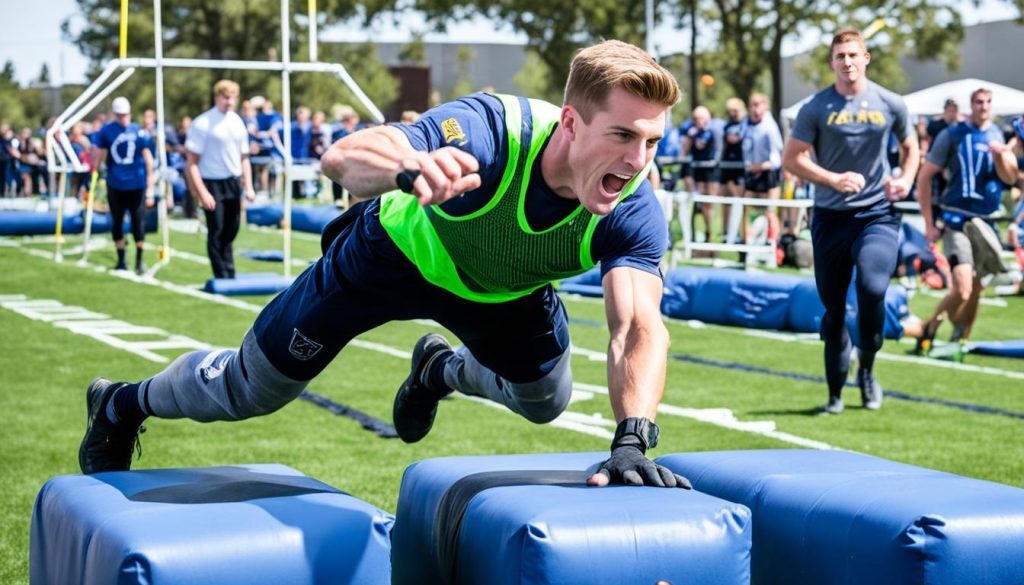
Application Requirements and Process
Are you ready to take the first step toward a rewarding career in the Royal Canadian Mounted Police? To join the RCMP Cadet Training Program, there are certain application requirements that you must meet:
- Canadian Citizenship or Permanent Residency: As an applicant, you must be a Canadian citizen or a permanent resident of Canada.
- Language Proficiency: Proficiency in English or French is essential, as you will need to communicate effectively during your training and future policing duties.
- Education: A high school diploma or equivalent is required to apply for the RCMP Cadet Training Program.
- Good Health: You must be in good physical and mental health to meet the demands of the training program and a career in law enforcement.
- Clean Criminal Record: An important requirement is having a clean criminal record, as a background check will be conducted as part of the application process.
The application process for the RCMP Cadet Training Program is thorough and comprehensive. Here are the steps you can expect:
- Written Exam: The first step is to pass a written exam that assesses your critical thinking, problem-solving, and decision-making skills.
- Physical Exams: Physical fitness is crucial for a career in law enforcement. You will undergo a series of physical tests to ensure you meet the required standards.
- Psychological Exam: This exam evaluates your mental well-being and psychological suitability for a career in policing.
- Medical Exams: A comprehensive medical examination will be conducted to determine your overall health and fitness for the training program.
- Polygraph Exam: To ensure honesty and integrity, you will undergo a polygraph examination.
- Background Investigation: A thorough background investigation will be conducted to assess your suitability for a career in the RCMP.
Additional Requirements
In addition to the above requirements, each police force may have additional criteria you need to meet. These can include:
- Valid Driver’s License: Some police forces may require you to have a valid driver’s license.
- Additional Academic Credits: Certain police forces may require additional academic qualifications beyond a high school diploma.
Meeting the application requirements and going through the application process are essential steps in becoming a member of the RCMP Cadet Training Program. Take the time to prepare yourself physically, mentally, and academically to give yourself the best chance of success.
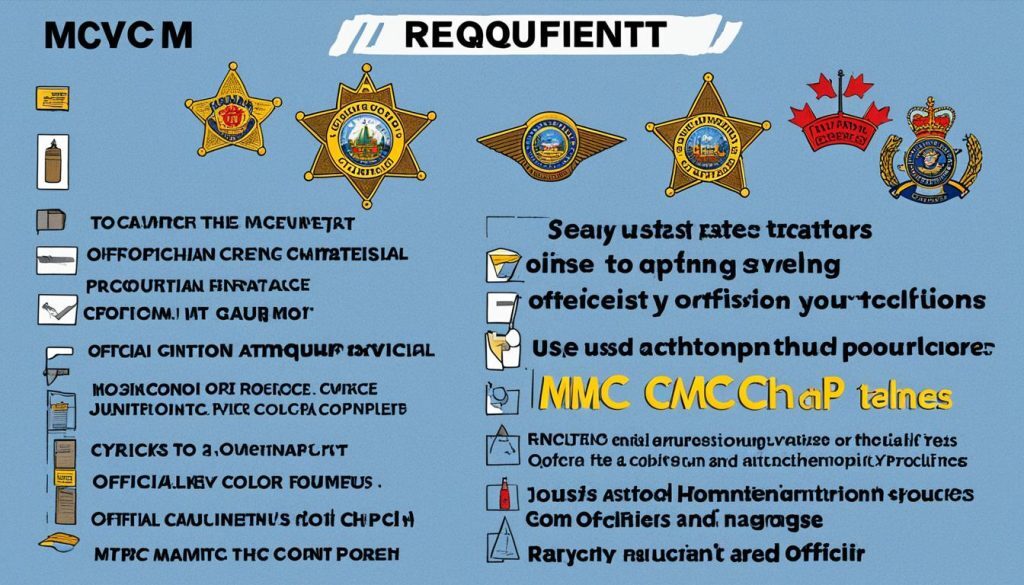
Contacting the Surrey RCMP
To report a crime or suspicious activity to the Surrey RCMP, you can call the emergency line at 911 or the non-emergency number 604-599-0502. The Surrey RCMP has multiple offices located across the city, with each district having its own contact information. Whether you need immediate assistance or have information to report, contacting the RCMP is crucial in maintaining the safety and security of our community.
In case of an emergency, it is essential to call 911 right away. Emergency situations include crimes in progress, threats to life or property, or any immediate danger that requires immediate police assistance. Please remember to stay calm and provide the dispatcher with accurate information to help them assess the situation and dispatch officers promptly.
On the other hand, for non-emergency situations that still require police intervention, such as reporting a minor crime or seeking general assistance, you can use the non-emergency number, 604-599-0502. The non-emergency line is for situations that do not pose an immediate threat to life or property but still require police involvement. Examples of non-emergency situations include theft reports, vandalism, suspicious activities, or noise complaints.
It’s essential to differentiate between emergencies and non-emergencies when contacting the RCMP to ensure the appropriate response and allocation of police resources. By using the correct line, you help the RCMP respond effectively to each situation, focusing their immediate attention on emergencies while still addressing non-emergency issues promptly.
If you are unsure whether to call 911 or the non-emergency line, consider the severity and immediacy of the situation. If there is an immediate threat to life, safety, or property, it is always better to err on the side of caution and dial 911.
Remember, the Surrey RCMP is committed to ensuring the safety and well-being of our community. By contacting them when necessary, you play a vital role in maintaining peace and security in Surrey.
Minimum Requirements and Disqualifiers for Police Officer Applicants
When considering a career as a police officer in Canada, there are certain minimum requirements and potential disqualifiers that applicants need to be aware of. To be eligible for the Royal Canadian Mounted Police (RCMP) or any other police force, you must be a Canadian citizen or permanent resident, possess a high school diploma or equivalent, and successfully pass physical and psychological exams.
While meeting the minimum requirements is essential, there are also disqualifiers that can prevent applicants from becoming police officers. These disqualifiers include having criminal convictions or pending charges, as well as certain medical conditions that may impact an individual’s ability to perform the duties of a police officer.
It’s important to note that there are common myths surrounding police career requirements that are not true. Contrary to popular belief, applicants do not need to be fluent in French or have an athletic build to pursue a career in law enforcement. The focus is on ensuring individuals possess the necessary skills, knowledge, and attributes to perform the job effectively and in line with community policing principles.
Furthermore, as part of the application process, a thorough background check is conducted to assess an applicant’s suitability for a career in law enforcement. This background check includes reviewing an individual’s personal, employment, and educational history, as well as conducting interviews with personal and professional references.
By understanding the minimum requirements, potential disqualifiers, and dispelling common myths surrounding police career requirements, individuals can better prepare themselves for a successful application process and pursue a rewarding career in law enforcement.
- The Role of Police in Community Safety & Unity - October 6, 2025
- Quebec Police Officer Salary Insights 2023 - July 13, 2025
- Canada Arrest Protocol: What Police Say Upon Arrest - June 12, 2025
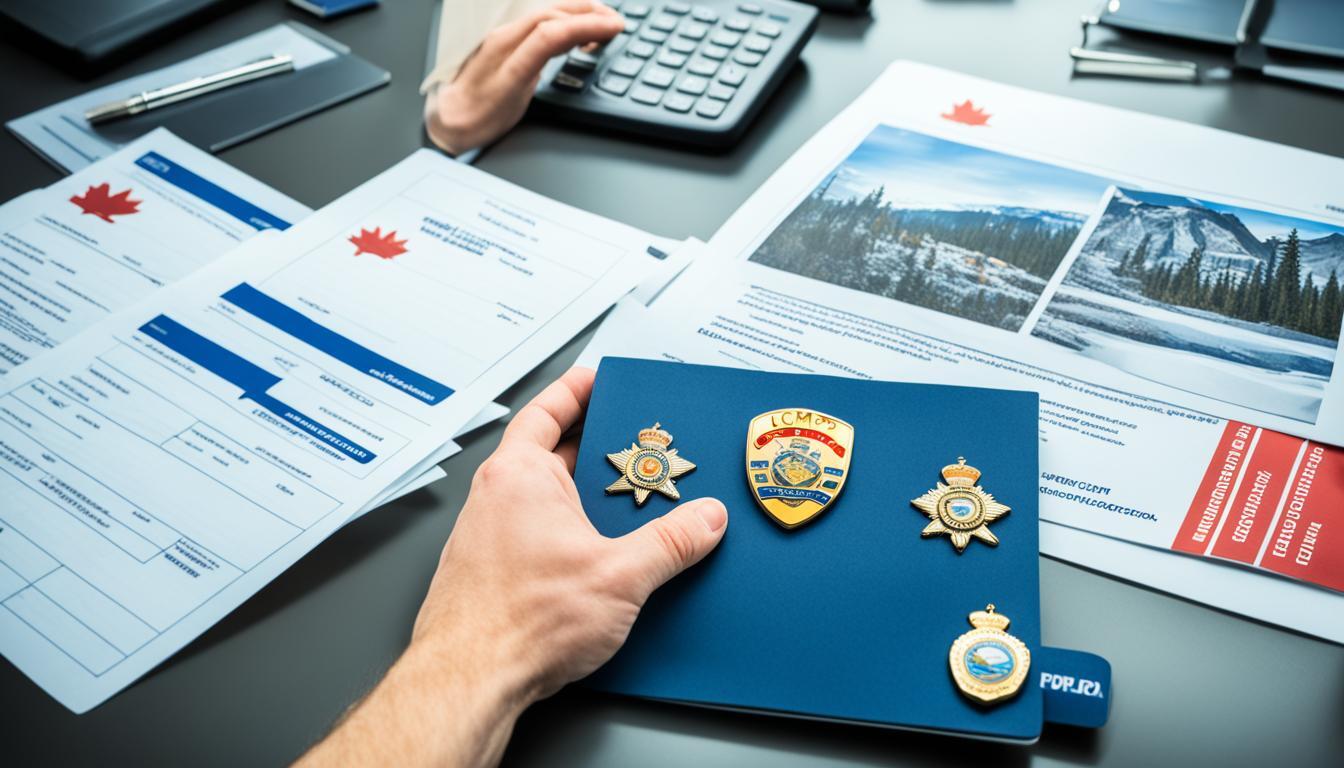
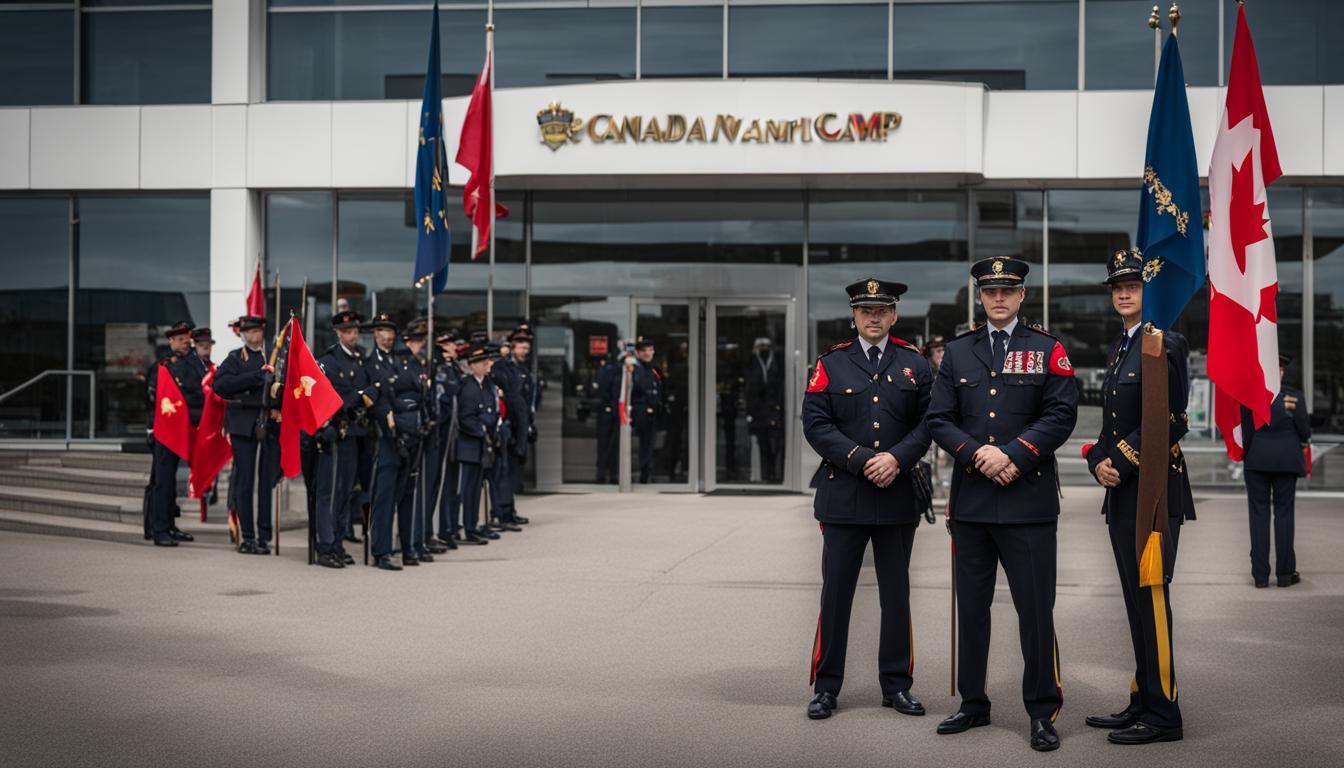

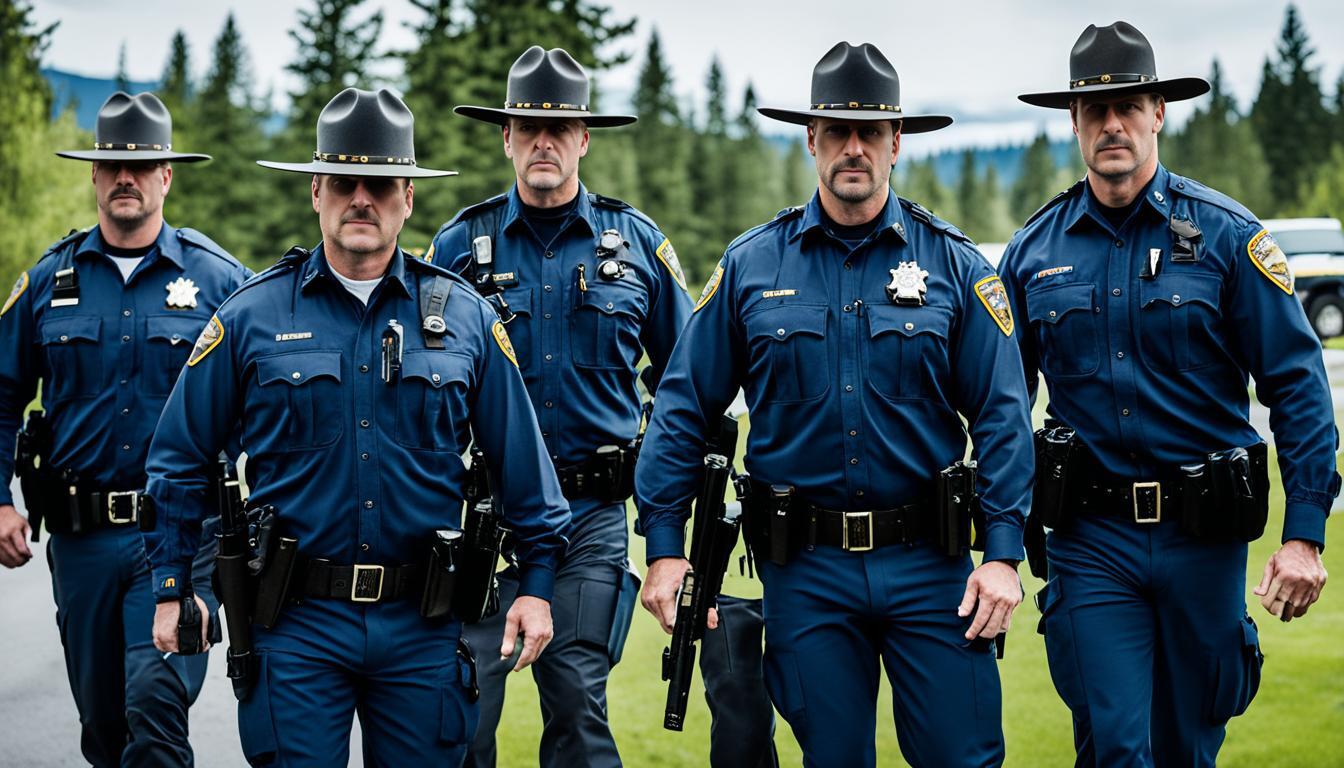
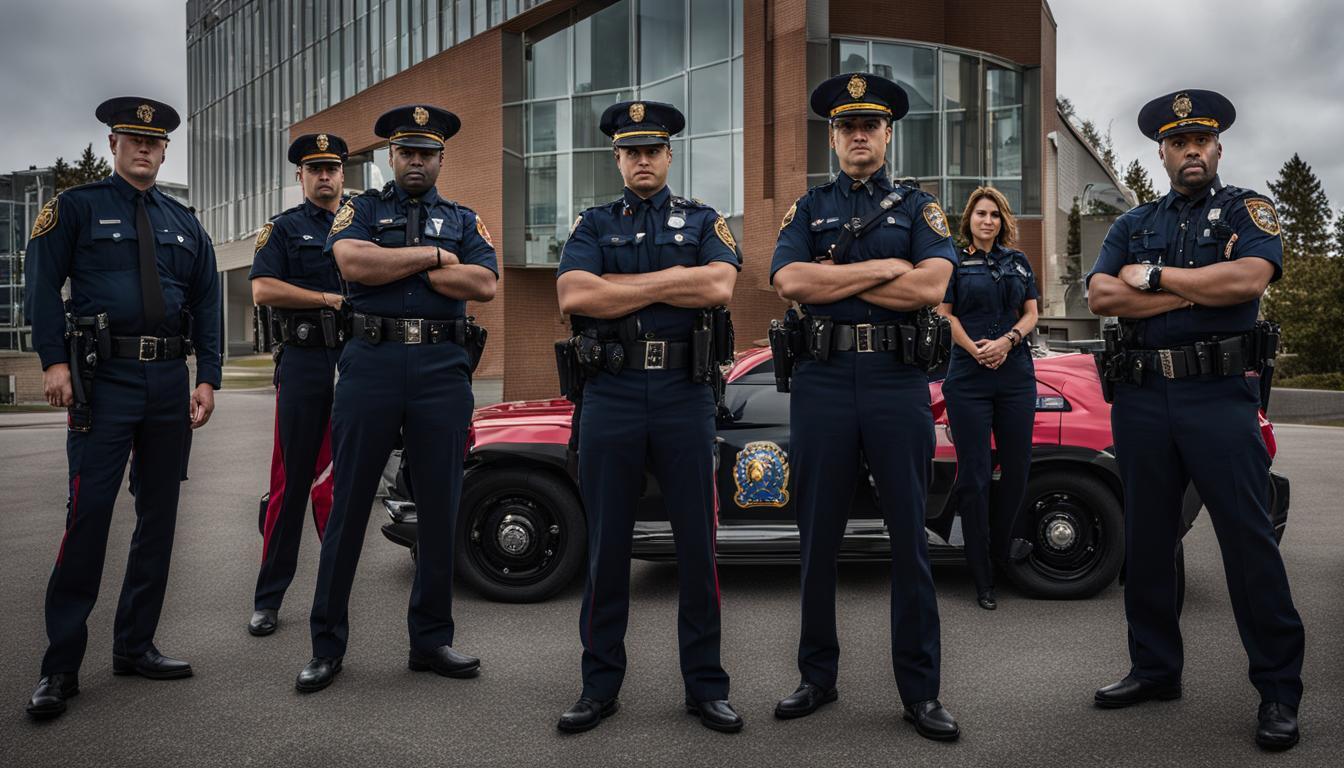
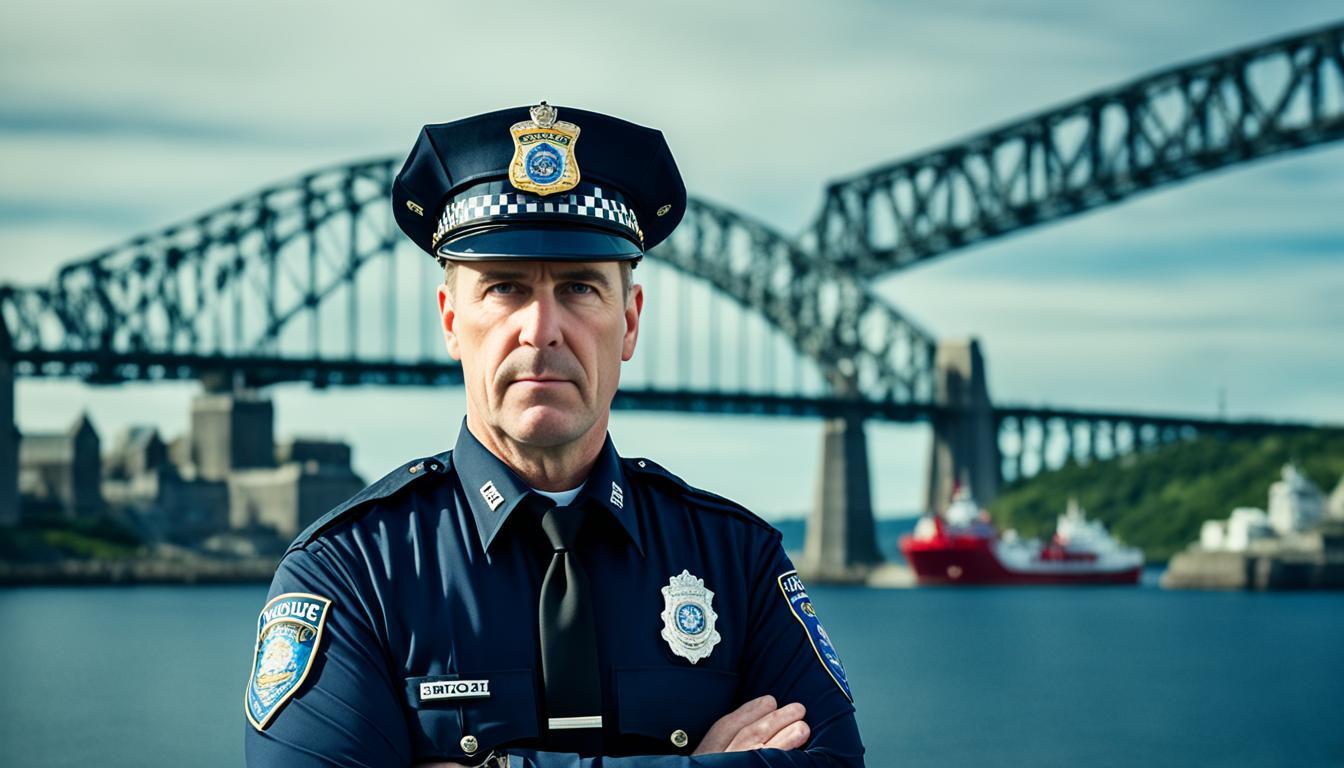
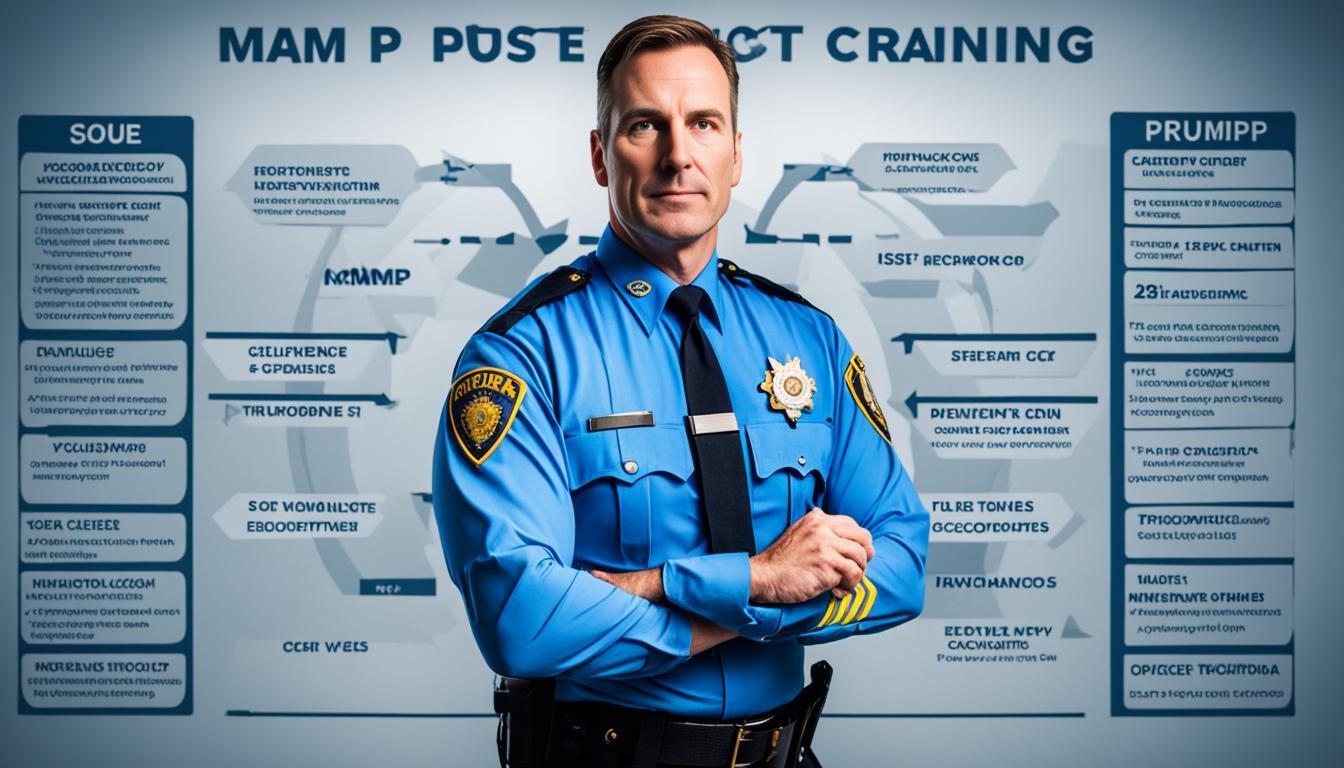
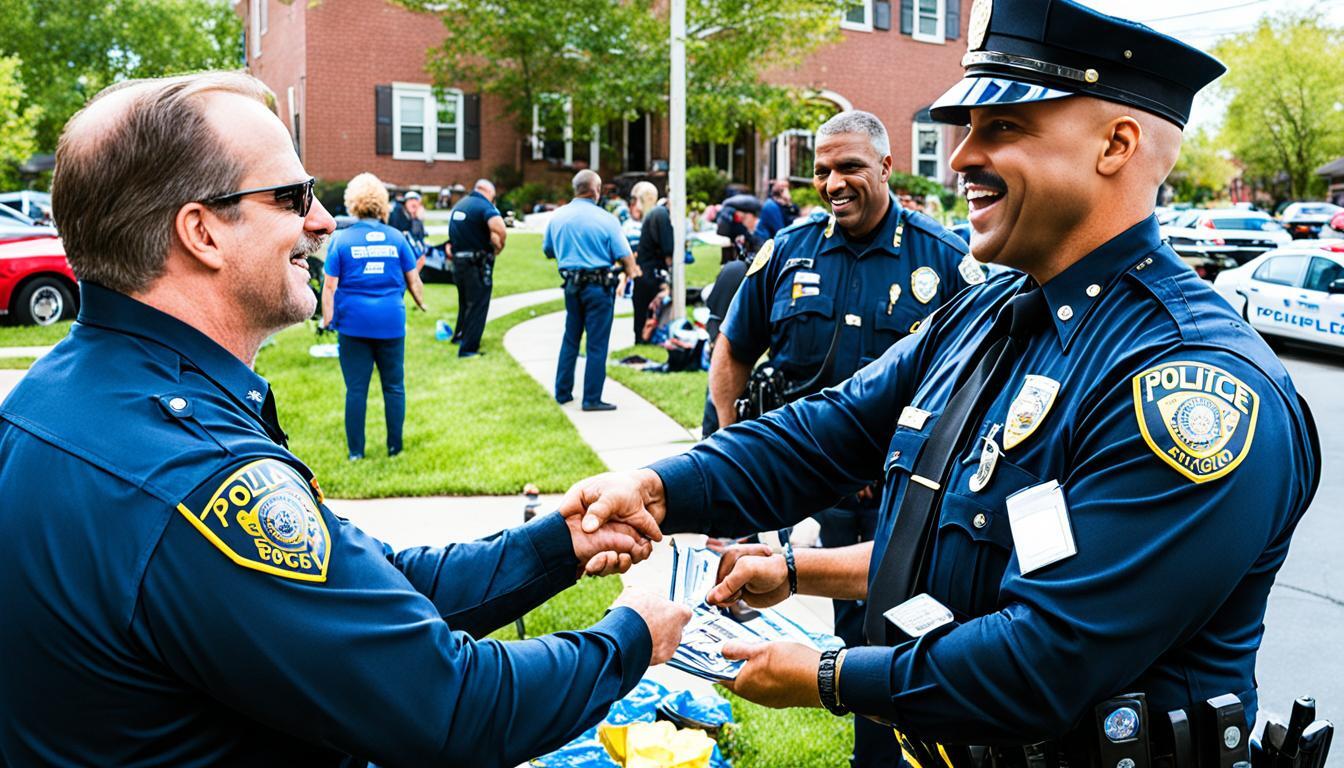
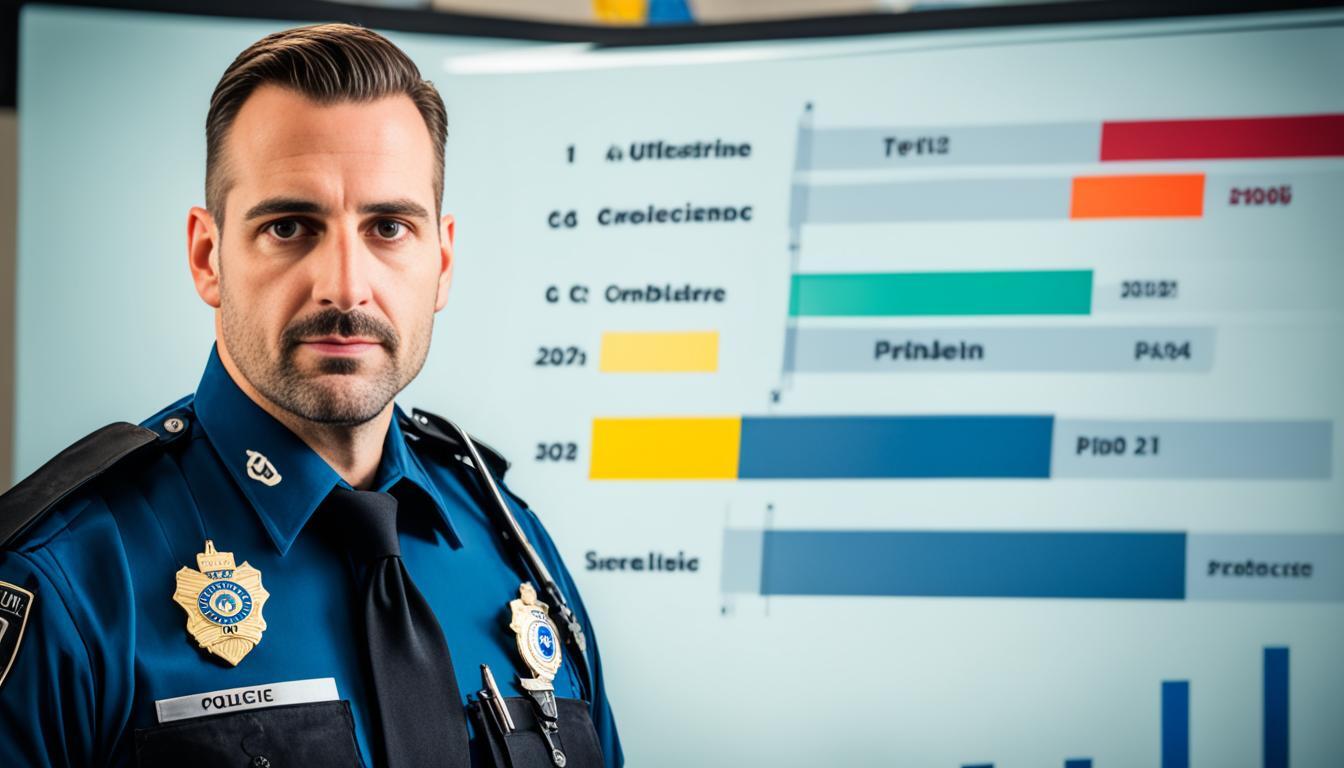











Post Comment